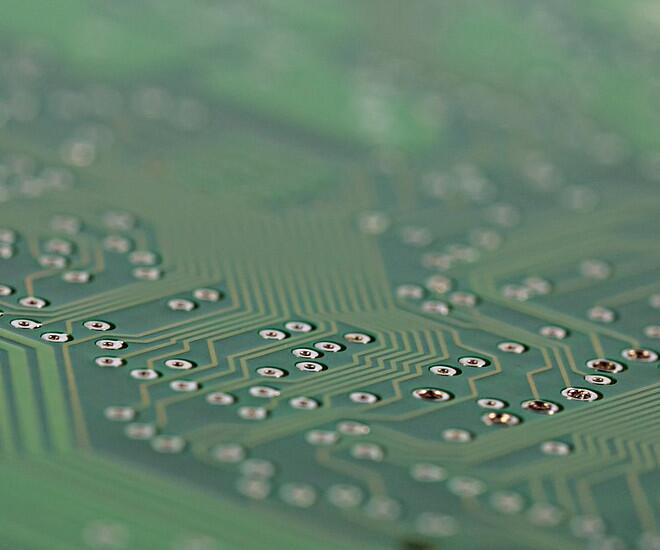Chip study group reviews US semicon competitiveness
Article By : Rick Merritt

The SIA has long lobbied to lower U.S. statutory tax rates which at 35% are higher than rates of competing countries.
« Previously: US sets up chip study group exploring China, Moore's law
The Semiconductor Industry Association (SIA) has recommended forming such a task force on policy for the semiconductor industry, SIA chief John Neuffer said in a statement applauding President Barack Obama's move to convene a study group focusing on the country's chip sector.
“It’s very important for the U.S. government to signal the semiconductor industry is important to the U.S economy and national security,” said Neuffer in an interview.
The country needs a vibrant industry if it wants to stay ahead in the technology sector. Neuffer said semiconductors are a "fundamental building block for U.S. technology leadership."
"They enable commercial innovations that drive economic growth and productivity, as well as strategically important platforms that ensure U.S. national security, such as satellites and supercomputers. The chip industry spawns new industries, makes existing industries more productive, and drives advances once never imagined," Neuffer said in a statement.
The SIA has long lobbied Washington to raise federal spending on semiconductor research and lower U.S. statutory tax rates which at 35% are higher than rates of competing countries. It also has lobbied for more visas for foreign-born students receiving advanced STEM degrees in the U.S. and for expanding free trade with deals including the Trans Pacific Partnership, a position neither current presidential candidate supports.
Separately the SIA has started work on a report outlining the industry’s vision for the chip sector's road map. As many as a dozen small groups have been helping the SIA draft the document which it will finish before the end of the year. Next week, the SIA will host the first gathering for the whole group working on the vision statement.
The new PCAST group comes after years of lobbying an administration that is widely seen as closely engaged with the tech community. Obama’s recovery act funded work on smarter electric grids, a manufacturing effort spawned numerous research centres and policy efforts at the FCC sought to protect so-called net neutrality.
« Previously: US sets up chip study group exploring China, Moore's law
Subscribe to Newsletter
Test Qr code text s ss


